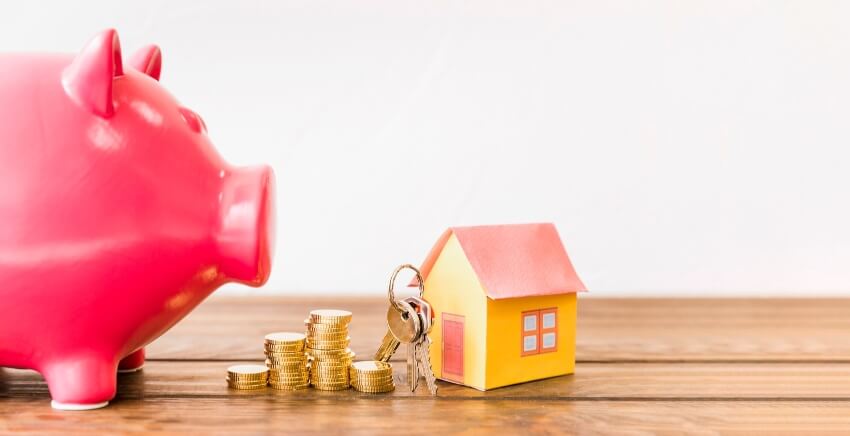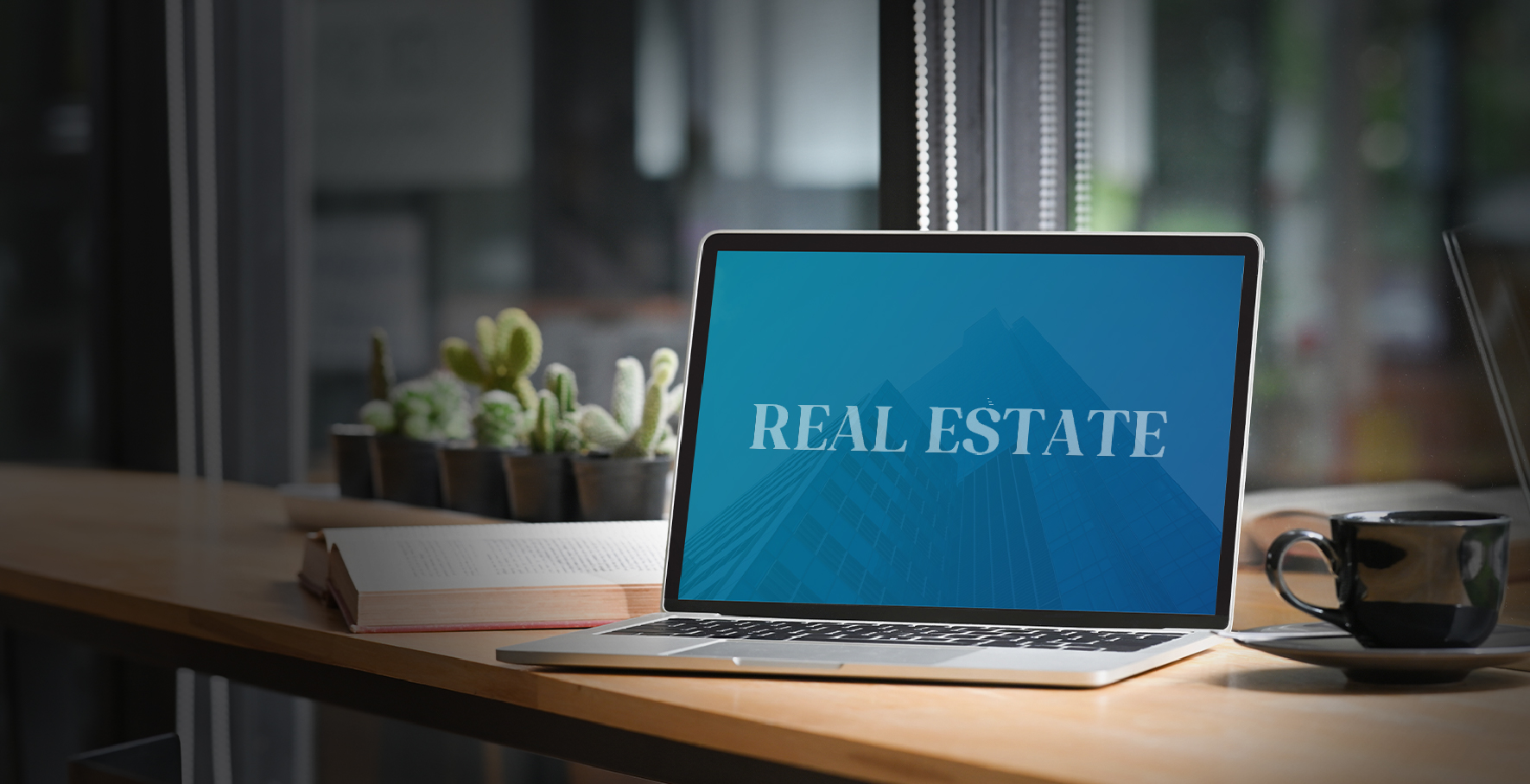The real estate sector in India is expected to reach US$ 1 trillion in market size by 2030, up from US$ 200 billion in 2021. By 2025, it will contribute 13% to the country’s GDP. The demand for real estate has been growing at a swift pace after the pandemic, mainly due to the recovering economy, and also to that fact that it is the second-highest employment generator, after the agriculture sector.
However, at the same time, there has been significant growth in real estate prices, which have been on a steady increase in recent years. The steady increase of real estate prices has been reported due to several factors such as the increasing inflation, growth in the supply of real estate, improvement in infrastructure, investments by corporates and foreign institutions etc.
In this blog, we will take a deep dive into the factors that contributed to these increasing prices and why homebuyers can still make good property investment in Pune with Amanora Park Town.
The Cost of Construction
As per a recent report, the cost of construction has reportedly moved up across India by at least ₹400-600 per sq.ft. on an average in the mid-to-premium categories; and around ₹200-250 per sq.ft. in the affordable segment. This may largely be attributed to the fact that demand has been very weak due to a number of factors such as limited supply and the recovering economy.
The Price Rise in Affordable Homes
Increasing interest in buying a home has led to a steady increase in real estate prices. Affordable housing in Pune may experience the most significant fall in demand, while moderately priced homes are predicted to come under stress as they will also be affected by rising interest rates.
The Rise in the Cost of Materials
Real estate prices are rising in many parts of the country. Various segments of the market, such as steel, cement, copper and even labour charges are showing a steady increase.
Developers are looking at real estate investment as a long-term investment, with high returns in the future. An important repercussion of this is, they have to pass on price increases to home buyers, who will also push up their margins as a result.
New Construction Will Even be Costlier
Prices for fully built or ready-to-move homes may not see an immediate price rise, but new constructions will definitely see the increased cost. Although new home prices may not immediately increase due to the still recovering phase, the rising cost of construction is something that has the potential to have a more significant impact on future home prices.
As the demand for real estate continues to rise in markets across the country, it is only natural that builders will look for ways to increase their market share.
In Conclusion
While the prices are surely going up, homebuyers can still take a take a good, healthy breadth as there are a lot of good Residential projects in Pune that they can invest in. One of those is Amanora Park Town — India’s first fully developed and integrated town located in the heart of Pune.





